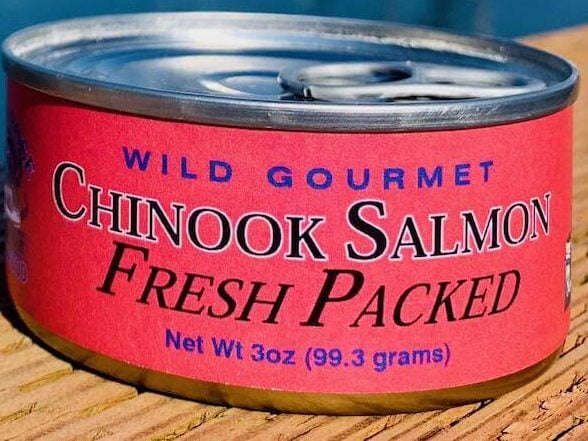Culture lessons: Things Chinuk Wawa doesn’t do (Part 11: “can”)
First off, there’s a distinction between “I can” and “I’m able”!

A Chinook can (image credit: Newport Tuna)
Can’t
You may have noticed Chinook Jargon has a single word for “can’t”. (In the Southern Dialect it’s x̣áwqał, and in the Northern Dialect it’s wík-qʰáta.) Also unlike English or French — two languages that have played a big historical role in shaping CJ — this word in CJ is not a verb, but instead it’s an adverb. (That’s an un-inflected word that modifies whatever the main verb of the sentence is.) This trait of CJ is inherited from Indigenous languages.
Can
However, CJ doesn’t say any word equivalent to English “can”, when we express specific situations like:
- “I can see it”,
- “Can you give me $5?”,
- “She couldn’t believe her eyes.”
For such meanings, you just use the same verb form as in “I see it” (nayka nánich (Ø)), “(Will) you give me $5?” (mayka pá(t)lach nayka qwínəm dála?), etc.
So much for that.
Able
Now to point out that there is, for many speakers of Chinuk Wawa, a way to express being generally “able”. (As opposed to “can’t”.) Two ways, in fact.
One of these is to say kə́mtəks + the main verb. This is literally saying ‘know how to’ do anything. The main verb here can even be a Stative Verb like ‘be a coyote’, so we have examples like kə́mtəks t’álapas, ‘to (really) know how to be (crafty like) a coyote’.
The second is to say skúkum (pus) + the main verb. Literally, this is ‘to be strong enough (to)’ do something. We can’t be surprised that skúkum, like every word in Jargon and other human languages, carries its own history inside itself: because its core meaning in this language is ‘physically strong’, this expression seems confined to Action Verbs. So we find Northern Dialect skukum pus mamuk-help, ‘able to help’, literally ‘strong enough to make-help’.
